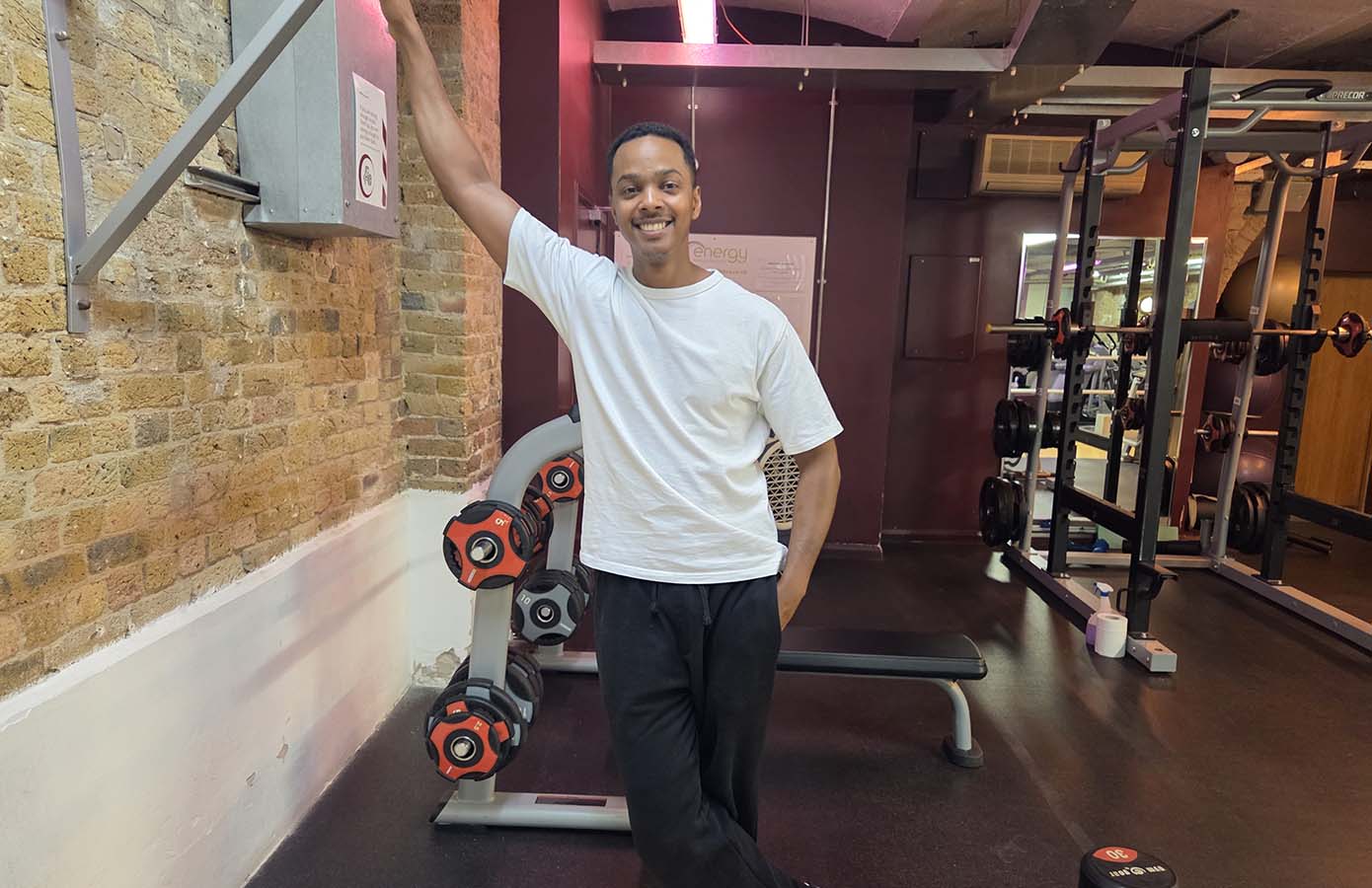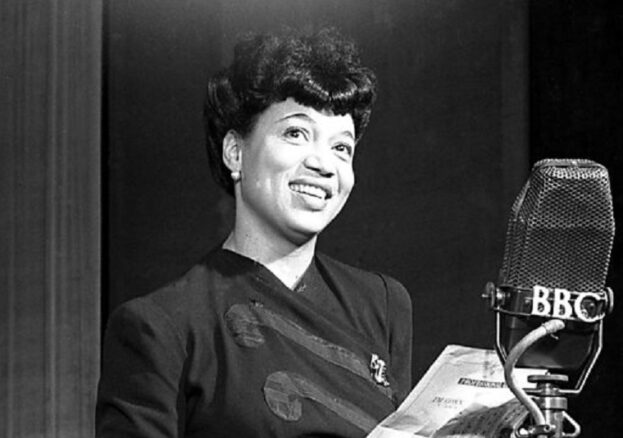
BY LISETTE FELIX
About half of all British African and African Caribbean people in London develop type 2 diabetes, heart disease, stroke, and other chronic diseases by the time they are 80, according to a 2020 study.
And while aging does increase the onset of ailments, experts agree that regular exercise can boost immunity, improve cardiovascular health, and increase muscle mass, amongst other benefits.
With this in mind, as I approach my later years, regular exercise has become a vital part of maintaining my health, and I have joined my workplace gym, going three times a week.
Once in the gym, I usually start with a stretching warm-up routine, bending from the waist to touch my toes from left to right and then from right to left. Then, I balance on one leg, counting to 20, and switch to the other one. I do arm, neck, and jaw and facial stretches too, again counting to 20. This gets me nimble enough to start my hour-long workout on the treadmill and cross trainer. At the end, I repeat the same warming-up exercises to cool down. This, I find, helps to prevent cramp.
Jordan Darbasi, who manages the gym at the Royal Courts of Justice, says regular weekly workouts, with some strength training, are the best exercises for middle-aged women. I’m happy to hear that I’m on the right track.
“Doing cardio mobility three days a week is the best workout for middle-aged women with a bit of functional strength exercise. However, diet is paramount. [However] It is about 70% reducing weight,” he says.
He recommends combining low-impact with high-impact exercise on alternative days. This means, for example, swimming or dancing on one day and upper body strength training and perhaps a session on the treadmill to balance your workout the next. It is also important to rest adequately to allow your body to recover.
“The general rule of thumb is to allow 48 hours of recovery time between working the same muscle group,” says health magazine, Shape.
Meanwhile, Age UK recommends group classes for seniors over 55, where you can learn tai chi, dance, do Pilates and yoga, seated exercise classes, as well as run or walk.
As recommended by The British Heart Foundation, when I began my routine, I started slowly and increased my activities over time. The organisation says, “‘However old you are, it’s important to start slow and build up gradually, whether you’re starting a new exercise or returning to one that you haven’t done for a long time.”
Costs can sometimes be a deterrent to regular exercise, so workplace gyms like mine are usually the best option if you’re lucky enough to have one. They are usually less expensive, with no hidden costs such as one-time signup or joining fees.
Public, smaller, less known facilities can range from as little as £30 per month, while more popular ones, such as Gold Gym, PureGym, David Lloyd, Crowns, can come in from £50 – £100 per month. Usually, the more you pay, the more facilities you have – thnik swimming pools, saunas, Turkish baths, fitness classes, etc. However, whatever the costs, for me, exercising is an investment in a longer, healthier life, so it’s a price I’m willing to pay.
If you want to get started but don’t have the resources or don’t know what exercise might involve, check out this strength training session for over 40s with UK fitness influencer, Melissa Neil.
Elisabeth Welch, a name that resonates with timeless elegance and unparalleled talent. Born in 1904, Welch was a trailblazing African-American singer and actress who left an indelible mark on the entertainment industry. Her career spanned decades, showcasing her versatility in jazz, blues, and musical theater.
Welch’s voice was a mesmerizing instrument that transcended boundaries, captivating audiences on both sides of the Atlantic. From her early performances in the Harlem Renaissance to gracing London’s West End stages, Welch’s charisma and vocal prowess earned her widespread acclaim.
Beyond her musical prowess, Welch made history as one of the first African-American women to star in a British film during the 1930s. Her legacy is not only defined by her groundbreaking achievements but also by her resilience in the face of racial and gender barriers.
Elisabeth Welch’s journey is a testament to the enduring power of talent and tenacity. As we celebrate her contributions, let us remember and honor a woman whose artistry continues to inspire generations, leaving an indomitable legacy in the annals of entertainment history.








